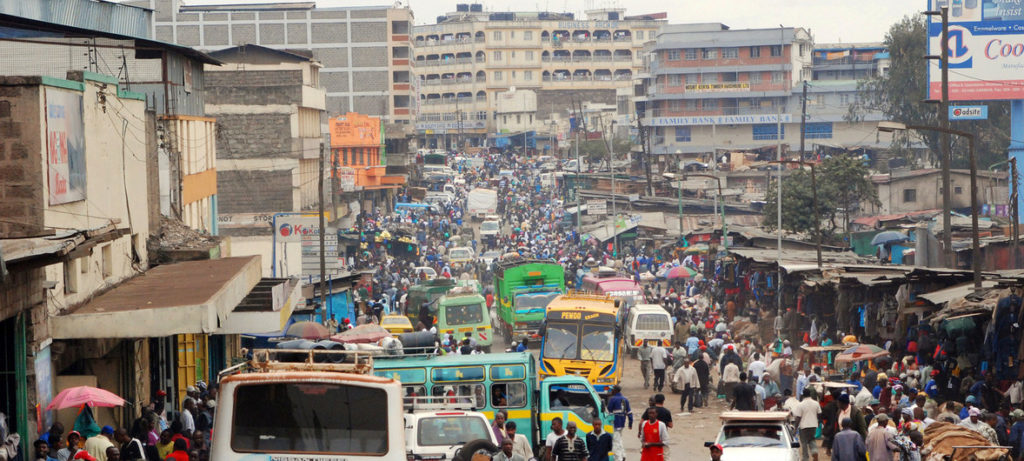In the wake of rapid urbanisation in Africa, the importance of intermediary cities in strengthening urban-rural linkages is growing exponentially. In recognition of this trend, UN-Habitat and the Urban Cities and Local Government of Africa (UCLGA) organised a webinar on “The Role of Intermediary Cities in Strengthening urban-rural linkages Amid Rapid Urbanisation in Africa” in preparation for the upcoming 9th session of the Africities Summit to be held in Kisumu, Kenya, May 2022.

Ten panelists were drawn from various institutions to share African experiences, case studies, and tools to optimise the performance of intermediary cities in the context of urban-rural linkages.
Remy Sietchiping, Chief of the Policy, Legislation and Governance Section at UN-Habitat, moderated two groups of panelists from the 100-plus participants.
In his opening remarks, Oumar Sylla, Director of the Regional Office for Africa at UN-Habitat, stressed the importance of intermediary cities in the context of rapid urbanisation in Africa.
“Intermediary cities are significant in structuring the urban network and connecting the local and regional to the continental and global level. This necessitates the urgent need for urban and sectorial policies to reference the growing importance of intermediary cities in programming and planning decisions,” he said.
Jean Pierre Elong Mbassi, Secretary General of UCLG Africa, pointed out that intermediary cities “create a middle ground between human settlements and nature.”
He stressed, however, that intermediary cities face many challenges including weakening food systems in the era of COVID-19 and climate change.
He then offered five priority issues that could support intermediary cities as: food system, housing, basic services. infrastructure maintenance and local governance.
Raf Tuts, Director of the Global Solutions Division at UN-Habitat, highlighted how UN-Habitat has prioritised its strategic plan around territorial approaches and reducing spatial inequalities.
He called on the audience to appreciate the important role intermediary cities play as service centres, in food systems, rural transformation and addressing challenges such as health pandemics and climate change.
On behalf of the Governor of Kisumu County, Aloice S. O. Ager, Special Advisor to the Governor and Head of Africities Secretariat, underscored the legal and policy frameworks that are conducive for making intermediary cities more productive and prosperous.
The second panel of speakers was led by Cecilia Marocchino, the UN Food and Agriculture Organisation’s Urban Food Agenda Coordinator, who delved into an important dimension of the debate, i.e., the role of intermediary cities in strengthening food systems by connecting urban and rural areas.
“The key challenge remains the food governance gap between the national and the local government, which needs to be addressed through policy integration and partnerships,” she said.
Vicente Ruiz, an Economist at the Organisation for Economic Co-operation and Development (OECD), redirected the discussion, asking the participants to consider the impact of climate change on intermediary cities. He mentioned that due to their proximity to rural areas, intermediary cities experience drought, flooding, heat waves etc. Touching on an important point from Marocchino’s discussion, Ruiz informed said that there is often a disruption in the food system, as well as an increase in climate-induced migration.
Salvatore Fundaro from UN-Habitat closed the second panel by adding a valuable dimension to Hohmann’s discussion. He stressed the role of regional plans in connecting urban and rural areas and enhancing the role of intermediary cities in this important effort. Closing remarks were provided by Sylla who said that intermediary cities perform well in their role as hubs of economic development, social transformation and environmental protection through deliberate partnerships in planning, policy and governance.
